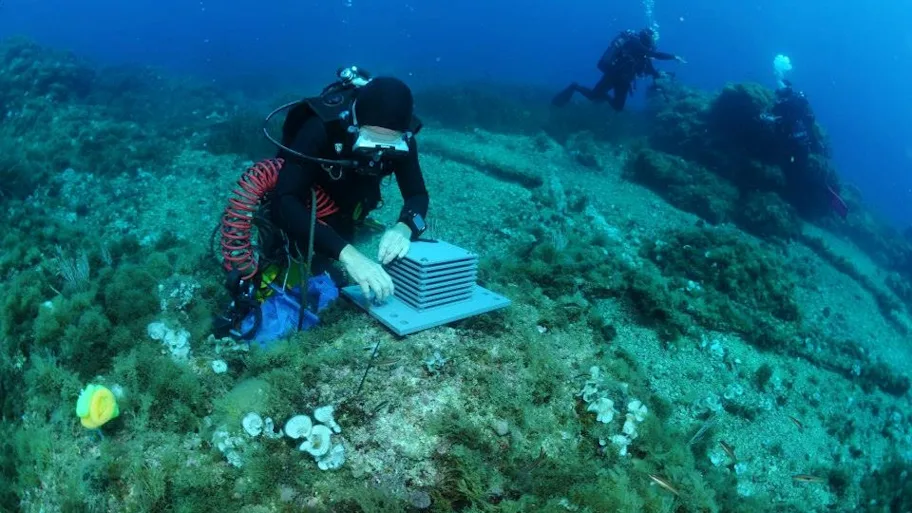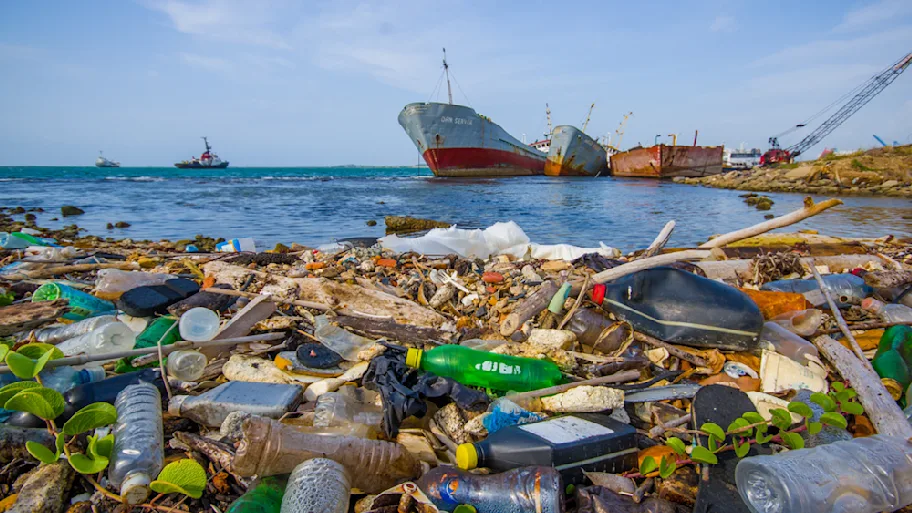
- Science news
- Environment
- Strong policy supported by science to protect our oceans
Strong policy supported by science to protect our oceans

Finding solutions to sustainability concerns require a concerted approach, which extends across all levels of society: from policy-makers to scientists to the general public.
New research, published in Frontiers in Marine Science, bridges the gap between policy makers and scientists to ensure sustainable use of our oceans.
Working in a highly demanding context, policy makers and scientific researchers are asked to understand earth’s ecosystems, and provide solutions for use and preservation of resources across geographic and administrative boundaries. Not only are social and economic benefits at stake, but also how to manage human activities so that resources are guaranteed for future generations. But the sustainable use of earth’s oceans is particularly challenging.
Finding solutions require a concerted approach, which extends across all levels of society: from policy-makers to scientists to the general public. But how can we close the gap between these different stakeholders to ensure ocean sustainability? Shedding new light into marine management, Bridging the Gap Between Policy and Science in Assessing the Health Status of Marine Ecosystems” is a timely collection of research articles published as an open-access Research Topic—a collection of peer-reviewed articles—in Frontiers in Marine Science,
“This Research Topic is relevant for scientists, managers and policy makers worldwide, seeking better ways to assess the marine ecosystem status, in a robust, comparable and adequate way,” says Topic Editor Angel Borja, Ph.D and head of laboratory at AZTI-Tecnalia, in Spain. He worked with other Topic Editors, Michael Elliott, Ph.D and director of IECS and professor at the University of Hull in the UK, Maria C. Uyarra, Ph.D and researcher manager at AZTI-Tecnalia, Jacob Carstensen, Ph.D and professor at Aahus University in Denmark and Marianna Mea, Ph.D and project manager at Jacobs University Bremen in Germany.
The goal is to provide innovative and effective tools to better guide action today, with the power of prediction. Scientists can determine trends and pressing matters, then inform those who can implement laws and agencies. These managers and implementers can, in turn, develop strategies to address the depletion of ocean resources, while ensuring that marine based industries remain economically viable.
Oceans cover more than 70% of the earth, a fact that everyone seems to learn at some point. What very few learn is the sheer economic value of the ocean and just how much humans rely on it. Recently, a WWF report estimated that the ocean is worth about $24 trillions and that goods and services from coastal and marine environments amount to an estimated $2.5 trillions each year. If the ocean were a country, it would have the seventh largest economy if described in terms of Gross Domestic Product.
But, the fact is, our ocean resources are dwindling fast. It is no secret that our oceans are under serious pressure to both sustain marine life and to provide the resources worth so much to us every year. Climate change, as well as other human activities, is resulting in the destruction of habitats, overfishing, and pollution, all of which threaten this economic powerhouse and the security and livelihoods it sustains. And this is a big problem because, as WWF suggests, more than two-thirds of the annual value of oceans relies on healthy conditions to support its current output.
It was with this in mind that in 2012, EU policy-makers and regulators funded the research project DEVelopment Of innovative Tools for understanding marine biodiversity and assessing good Environmental Status (DEVOTES), coordinated by Borja and managed by Uyarra. DEVOTES was under ‘The Ocean of Tomorrow’ theme of the 7th Framework Programme, as one of the projects selected to help to bridge the gap between policy and science, by effectively increasing the knowledge necessary to assess the marine environmental status. Borja and Uyarra, with colleagues as Frontiers Topic Editors, opened a call for research work that could collectively inform such key aspects of marine management.
“This collection of articles, made available as an open eBook, enhances the effectiveness of research communication. It shows how DEVOTES has contributed to filling in the gaps between policy and science for assessing the health status of marine systems, including the main challenges for the future,” concludes Borja.
Borja and his fellow Topic co-Editors are finalists of the Frontiers Spotlight Award, where the winners are granted with US$100,000 to host their own conference themed around their Research Topic.






